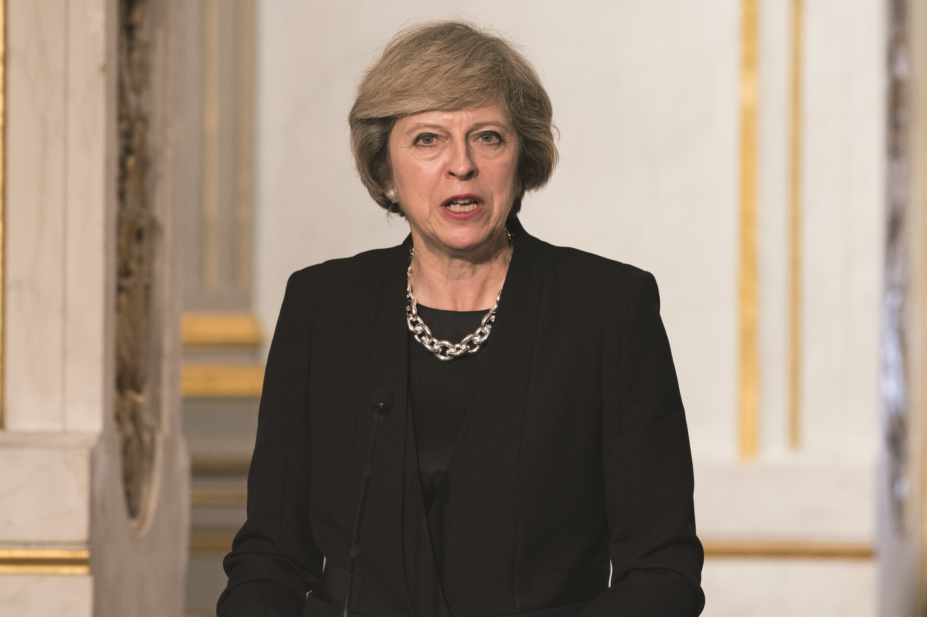
Shutterstock.com
The UK should seek to remain a member of the European Medicines Agency (EMA), the Prime Minster has said.
In her speech on 2 March 2018, billed as her vision for the future economic partnership between the UK and the European Union (EU), Theresa May spoke of her commitment to seeking for the UK to remain part of “critical” EU agencies, including the EMA.
“Membership of the European Medicines Agency would mean investment in new innovative medicines continuing in the UK, and it would mean these medicines getting to patients faster as firms prioritise larger markets when they start the lengthy process of seeking authorisations,” she said.
“But it would also be good for the EU because the UK regulator assesses more new medicines than any other member state. And the EU would continue to access the expertise of the UK’s world-leading universities.”
May said the government would “explore with the EU, the terms on which the UK could remain part of EU agencies” including the EMA.
And she said: “We would, of course, accept that this would mean abiding by the rules of those agencies and making an appropriate financial contribution.”
Government ministers had previously stated that they wanted a post-Brexit UK to “work closely” with the EMA.
Niall Dickson, co-chair of the Brexit Health Alliance, which represents many UK healthcare organisations, including the NHS Confederation, the Academy of Medical Royal Colleges, and the Association of the British Pharmaceutical Industry, said it was “good to hear the desire to remain part of the European Medicines Agency, to abide by its rules, and make appropriate financial commitments”.
“That is the best way to make sure patients have quick access to the drugs and treatments they need,” he said.
British Medical Assocation treasurer, Andrew Dearden commented that he was “pleased” to see that the government wanted to explore associate membership of the EMA.
“We want to see the government work closely with the EMA through a formal agreement to continue to support and participate in their assessments for medicines approvals,” he said.
Steve Bates, chief executive of the BioIndustry Association, which represents the UK bioscience industry, remarked: “It’s good to see the PM articulating the practical dynamics of our industry of the future, when she said in her speech that membership of the European Medicines Agency would mean investment in new innovative medicines continuing in the UK, and it would mean these medicines getting to patients faster as firms prioritise larger markets when they start the lengthy process of seeking authorisations.”

